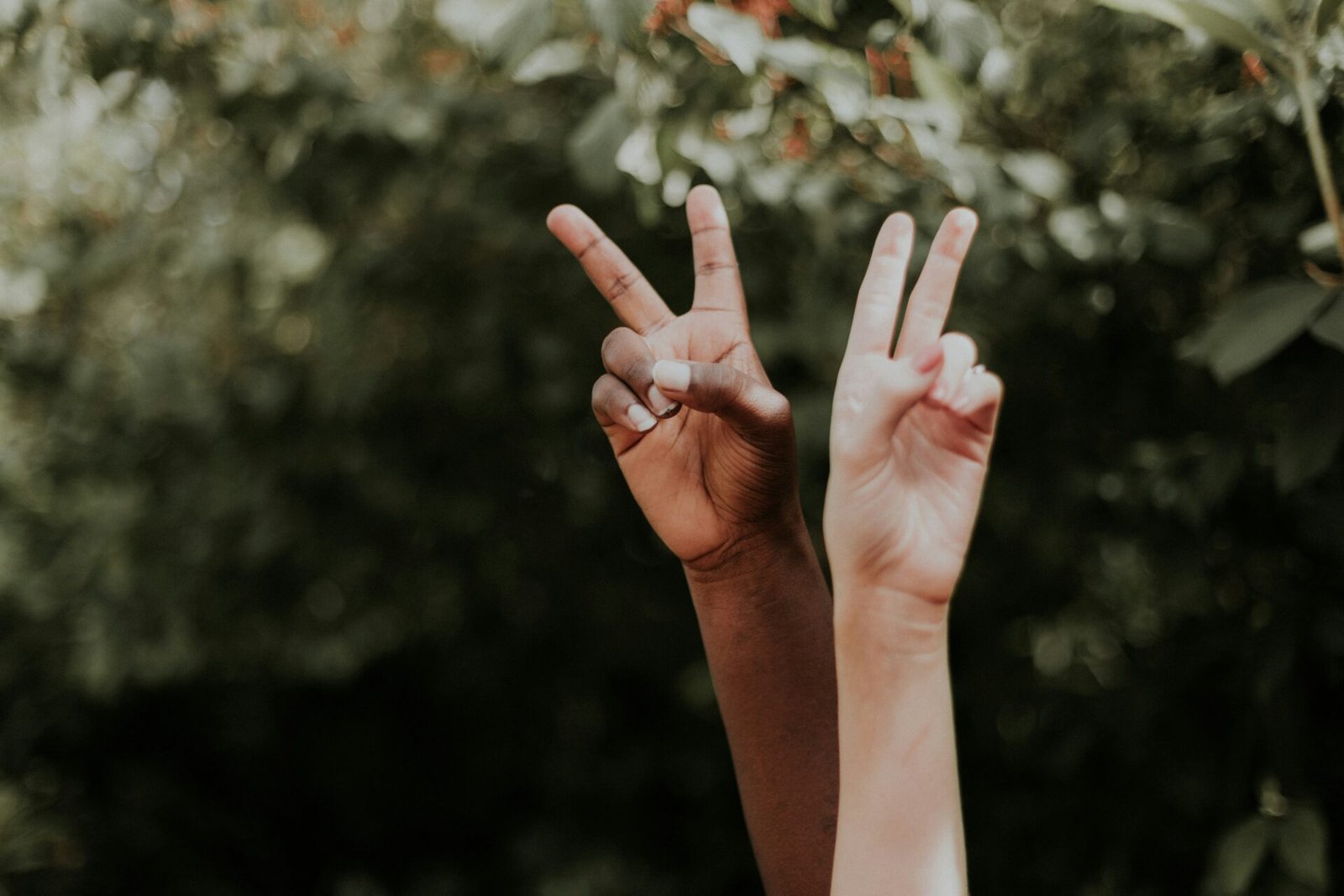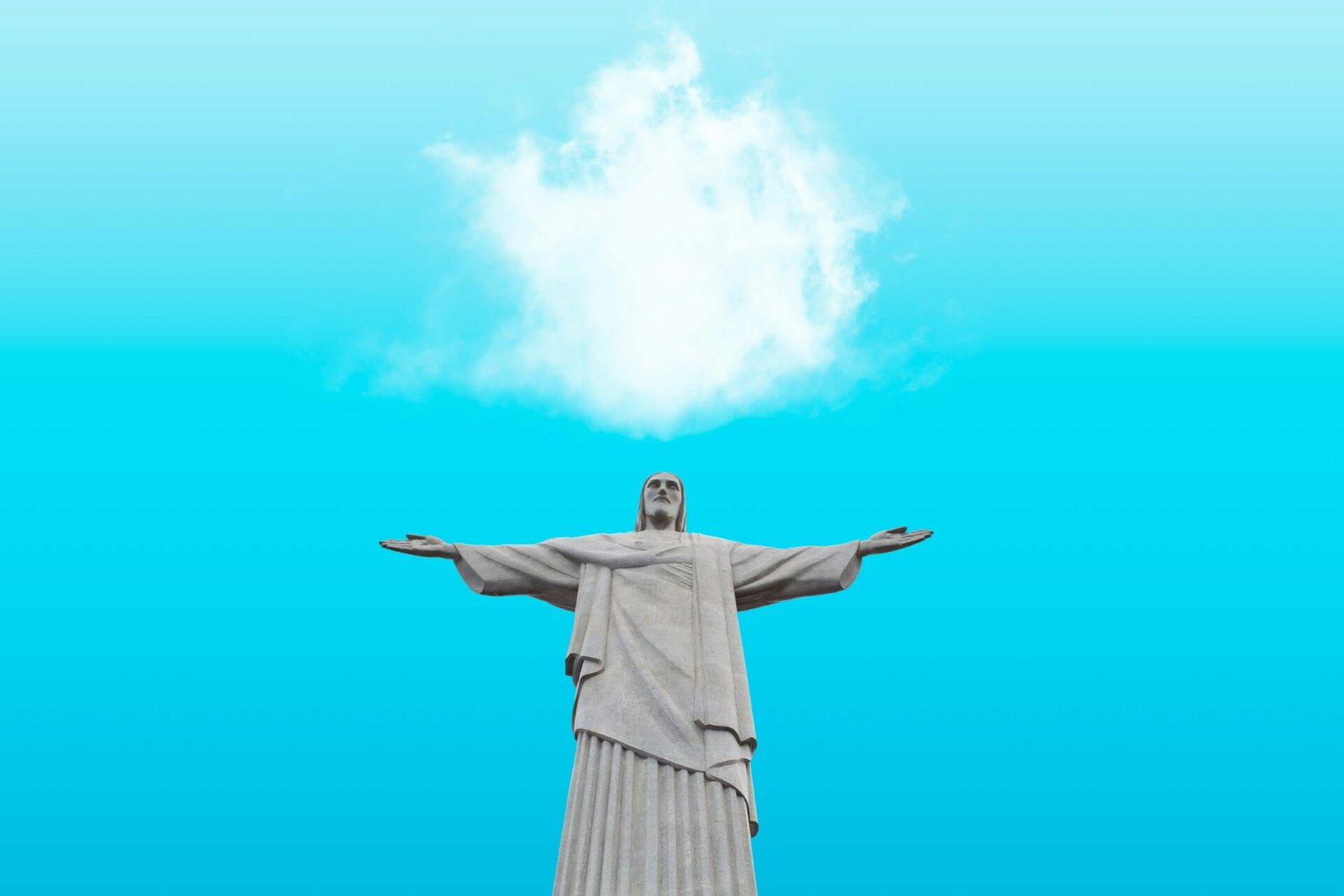There is much more love and connection in the world than I had allowed myself to see.
Vivek Murthy – Together
I spent half my life in depression, and I would have stayed there if I hadn’t come across Vivek Murthy’s book and learned that the name of that depression is loneliness. In fact, Vivek says that the symptoms of the two are so similar that therapists often confuse them, but in retrospect and based on his text, I’m inclined to think that when you chronically have no one to share your ideas with in a way that makes them heard, being alone in a crowd is a classic. And if I’m sitting here in front of you today, it’s because I’ve found a tool of salvation — reading (getting ideas) and writing (sharing them). Spoiler: there was a time when this simple tool was taken from Ukrainians away.
Vivek Murthy: Three types of relationships that we need
According to Vivek, such ideological loneliness is tribal, but generally he differentiates three of them. Three types of relationships, without just one of which a person can feel lonely. Let’s imagine what a person feels having none of them.
A trusting intimate relationship
Everyone needs a relationship in which they can fully open up, be themselves, be accepted. The easiest, most accessible, most shallow of these relationships is sex, which is why everyone seems to be so crazy about it.
An interesting thing, from my many years of observation as an avid dating apps user, is that most people are convinced that they are looking for a partner (sex or relationship) trying to find the satisfaction of that relationship hunger in one person. I’m sure that this is where most of divorces and cheating come from. Because no, one person is not capable of it.
Socialization
Everyone needs a relationship in which they can share common interests, tastes, and views with someone. Talk, spend time together, share emotions.
Tribe
Everyone needs a relationship in which they feel belonging and in which they share values and goals.
To be at home is to be known. It is to be loved for who you are. It is to share a sense of common ground, common interests, pursuits, and values with others who truly care about you. In community after community, I met lonely people who felt homeless even though they had a roof over their heads.
Vivek Murthy – Together
Let’s imagine for a moment a person who is deprived of all these relationships. Who, let’s say, wasn’t lucky with the environment, or who never knew that the environment can be changed, or who doesn’t have the skills to build relationships. It’s easy to confuse this with depression. True loneliness is a straight way to the window. Therefore, it’s no less serious than depression. Therefore, do not underestimate the connections.
According to statistics, the factors that reduce the number of suicides are marriage, family and religion: the number of suicides is lower among married people than among single people, among couples with children than among childless people, among people from small communities than among residents of megacities, etc.
Iryna Reva – On the other side of yourself
And then life threw me something entirely fourth: a child. This relationship is none of the above, but it has worked as a lifeline for me. There was nowhere to fall further for me. Along with the surge of hormones, I got a very trusting intimate relationship, very physical and emotional, the opportunity to share my own tastes and views, as well as create my own tribe, sharing my own values, receiving constant feedback in the form of the baby’s growth (which is a separate source of dopamine according to Mihaly Csikszentmihalyi).
In addition, I received a living book of human interpretation and direction, not to mention a chance to do something right and give support to a whole separate universe. All this in one small lump. Such relationship will not replace those three, but it is also valid – that’s what I mean. The child gave me the ground. Although he took many of my freedoms. Though, didn’t those freedoms serve me enough? I don’t know a better person than my child, so this is as minimum as my perfect chance to learn how to build relationships. This is where you can show your vulnerability – the very thing from which the relationship begins.
Traumatized society
For years I thought there was something wrong with me. There were too many closed doors, not enough openness, not enough sincerity and smiles, and a feeling of complete hopelessness. Until I realized that it was not me, but a traumatized society.
People often reacted to me by going to extremes — either outright ignoring me, or falling into me or putting me on a pedestal. While traveling, I often made friends or relationships, based on the commonality of this genetic totalitarian experience, found “friends by misfortune.” Last year in Spain, I felt an adequate reaction for the first time — my presence was aknowledged, I was here, they didn’t know me, but they saw me and were open to learning. As in Zabuzhko’s poem — without touching my circles (Ref. Oksana Zabushko — Archimedes’ New Principle). It was in the details: slowing down for me in advance at the crosswalk, giving me time, not pushing it by their person, offering help and taking “yes” or “no” equally. Greeting, thanking, smiling – because it’s nice. The art of harmonious coexistence.
Ukrainians are so strict (a joke) that the book, original title of which is “Together” was translated into Ukrainian as “Loneliness” (the “power of human relations” is deduced as something obviously inaccessible to a Ukrainian). There are reasons for this, and they should be recognized. It’s beautifully described in the unprecedented book of Iryna Reva – On the other side of yourself.
The researcher talks about the consequences of the traumas that our society experienced in the last century, and how they manifest themselves in the next generations. We were artificially isolated from each other – socially, culturally, spatially. We were manipulated, exhausted, killed, demoralized, devalued and starved, our physical and emotional tools were taken away. If in pre-revolutionary times our rural houses were not getting locked, communities easily organized themselves, stood firmly on their feet and banished stress, experiencing emotions together in holidays and rituals, then as a result of the traumas we experienced, we isolated ourselves from each other, stopped trusting, experiencing emotions together, closed ourselves off, closed ourselves off, closed off.
A few quotes from Iryna Reva’s book
- “Apparently, we really are a bad people,” film director Oleksandr Dovzhenko stated with regret 8 years after the Holodomor, observing how easily Ukrainians give up their language, national traditions, and identity. However, the real reason was completely different. In the 1930s, Ukrainians (not only peasants) had lost their faith in themselves, in their culture, in the biological value of their ethnic group undermined, they were starved, and their dead representatives were dumped in burial grounds like beets. Part of the Ukrainian population, having survived hunger and terror, suffered from “post-traumatic stress disorder” (a condition in which the process of overcoming psychological trauma takes on a protracted or chronic form), which is characterized by an imbalance of the entire personality structure, anxiety, self-doubt, a depressed mood, a feeling of powerlessness, deterioration of health. Moreover, the life of collective farm workers remained half-starved all this time.
- The prolonged silence of the tragedy, the lonely experience of psycho-traumatic events, slowed down the process of recovery of the society after the genocide. Psychologist L. Naidyonova believes that trauma should be talked about in order for coping mechanisms to be activated. But two generations of us grew up in a mute situation, unspoken, not spoken through. Therefore, we have a very complex and mixed reality.
- In 2001, the World Health Organization introduced the term “torture victim syndrome” into the vocabulary of psychiatrists, which is applied to victims of both physical and mental abuse. People with “torture victim syndrome” are characterized by distrust, wariness, social withdrawal, low self-esteem, exacerbation of stress-related illness, avoidance of health and social services workers, loss of sense of belonging to the human race, and signs of brain damage. And also – a feeling of deep fatigue, depression, inability to predict one’s future, impaired concentration and memory, etc.
- “An essential component of our current mentality: conformism in judgments and behavior, externality (the tendency to see the reasons for one’s successes and failures only in external circumstances, an external “locus of control.” – I.R.), suppression of will, dominance in the consciousness and behavior of the masses tendencies over individual ones (“the importance of the opinion of others”, “to be like everyone else”, “what will people say about me?”)”, – these are the consequences of the Holodomor for the Ukrainian village and our society in general, according to psychologist Y. Kalba
- The most important consequences of the low subjectivity of the population are paternalism (perception of the state as a father who must provide for all the needs of defenseless children-citizens), the tendency of citizens of post-totalitarian countries to become victims of totalitarian religious cults, to fall into psychological dependence on despotic leaders, to become “addicted” to chemical substances , which allow you to “hide” from reality (and the need to act independently) in the world of dreams.
- In general, the behavior of Ukrainians who do not take care of themselves resembles the typical behavior of a victim. And it doesn’t matter what a person suffered from – from the Holodomor, from violence in the family or they got into a road accident, because all victims have a lot in common: low self-esteem, self-blame, depressed mood, anticipation of new troubles, passivity, etc. Often, by his behavior, a person who has survived a tragedy seems to punish himself for what happened: he begins to “run” himself (doesn’t take care of his appearance and health), breaks off relations with friends and relatives, shows a tendency to self-destruction, using alcohol and drugs , doesn’t cure diseases.
How to stop being lonely
Paradoxically, we already have the first thing for this – war. This experience unites us, because one way or another we experience it together. That is an antidote for loneliness. If in the last century the skill and methods of common experience were taken away from us, then in this century there is only one way – to win them back. To be together, talk about our emotions, accept each other. Sing, dance, gather ruins, draw easter eggs, do something together and for each other, go forward. I was once struck by the phrase “celebrate losses” in Rosenberg’s book…
As they say, we will win this war because we lost it in 1918.
List of books to read
Vivek Murthy – Together
Iryna Reva – On the other side of yourself
Marshall Rosenberg – Nonviolent Communication
More books for better relationships here.



